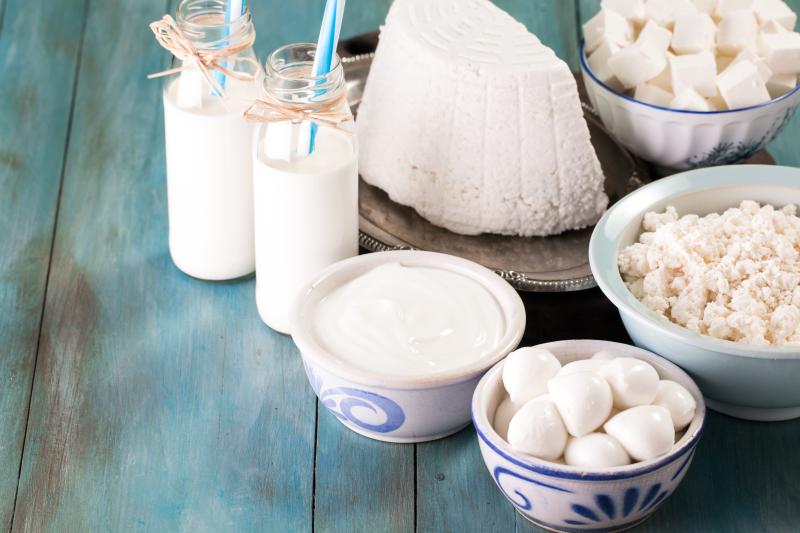
Dairy consumption appears to do little for women entering the menopausal transition, neither helping preserve bone mineral density (BMD) nor preventing fractures, according to a study.
Researchers looked at 1,955 women participating in the Study of Women's Health Across the Nation (SWAN). They grouped the participants into four, according to total dairy food intake of <0.5 (n=484), 0.5 to <1.5 (n=803), 1.5 to <2.5 (n=386), and ≥2.5 servings/day (n=282).
At baseline, women who consumed higher amounts of dairy were more likely to be taller, heavier, nonsmoker, alcohol consumer, and in premenopausal status.
The 10-year BMD loss rate of femoral neck and lumbar spine was similar across the dairy intake frequency categories (p=0.888 and p=0.572).
During the follow-up, 64 women developed a total of 72 nontraumatic fractures of bone related to osteoporosis. Cox proportional hazards analysis revealed that the risk of traumatic fractures did not differ by the frequency of cumulative averaged dairy intakes (≥1.5 vs <1.5 servings/day: adjusted hazard ratio, 0.89, 95 percent confidence interval [CI], 0.43-1.86; adjusted relative risk, 0.75, 95 percent CI, 0.37-1.52).
Noting that there were no significant differences in calcium supplement use across dairy intake groups, the researchers explained that dairy intakes across SWAN participants did not influence total calcium intake of participants sufficiently enough to impact overall femoral neck and lumbar spine BMD outcomes.